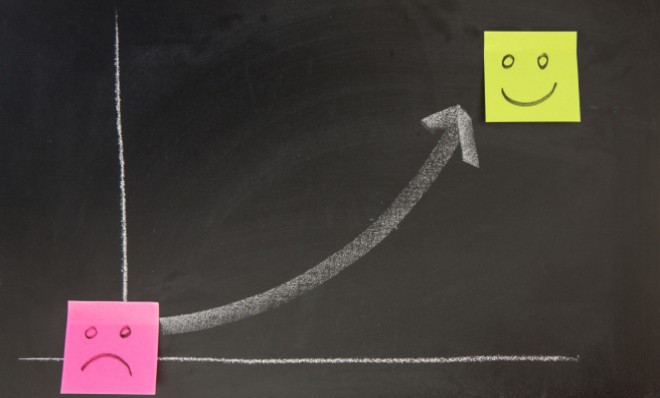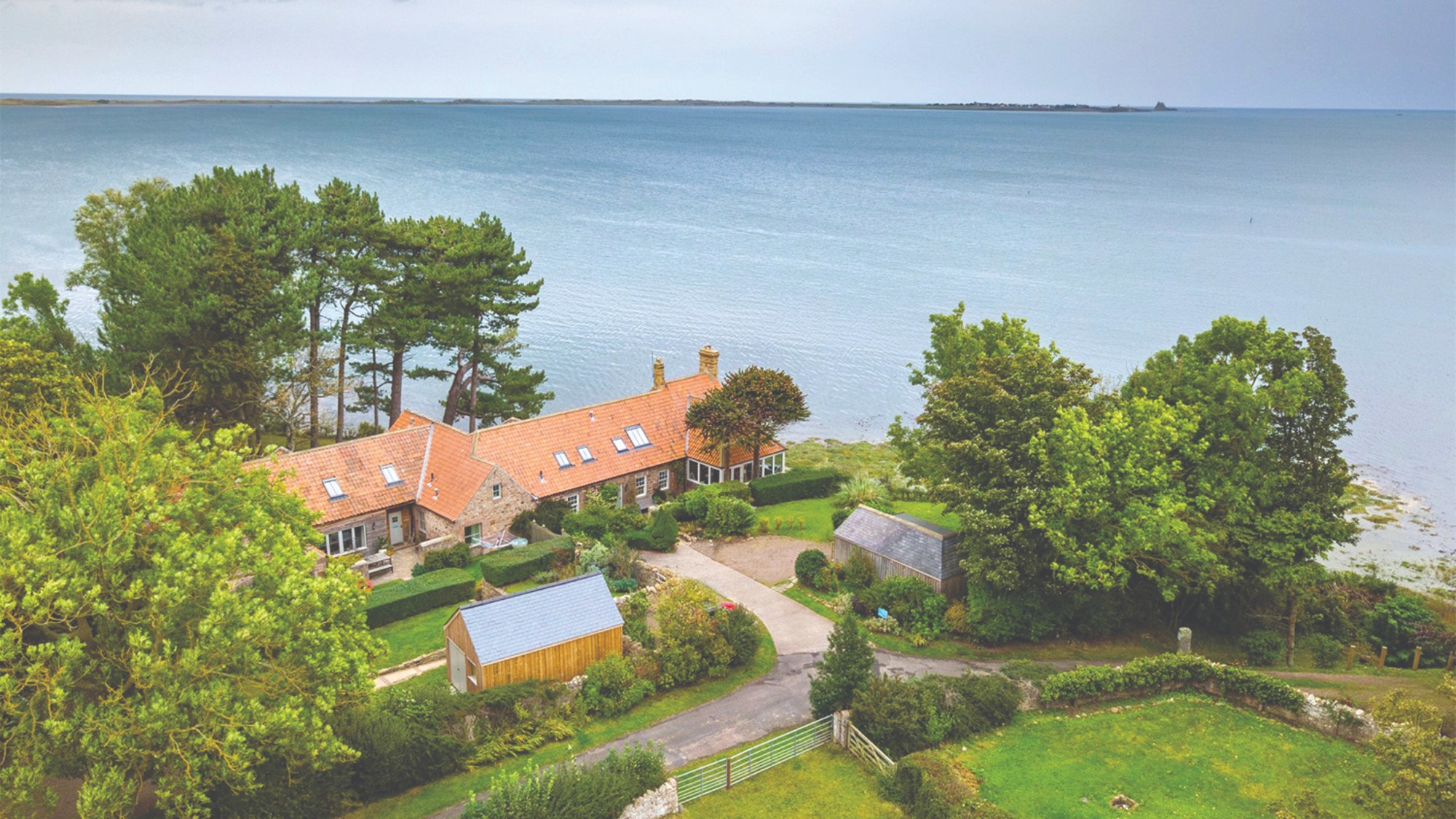How do you measure a country's happiness?
Australia ranks highest on the OECD's annual happiness index. But what does that mean?

A free daily email with the biggest news stories of the day – and the best features from TheWeek.com
You are now subscribed
Your newsletter sign-up was successful
The Organization for Economic Cooperation and Development (OECD) just unveiled its annual Better Life Index, a survey that breaks down happiness and well-being into 11 neat categories, from income to life satisfaction, and tallies the results.
The OECD stops short of announcing an official "winner" in its look at 34 industrialized nations — after all, happiness is not a competition. But if it were, and each factor counted equally, Australia, land of Vegemite, kangaroos, and baby-stealing dingos, would rank first for the third year in a row, as it performs quite well in most of the 11 categories that count.
Here's how the OECD measures happiness:
The Week
Escape your echo chamber. Get the facts behind the news, plus analysis from multiple perspectives.

Sign up for The Week's Free Newsletters
From our morning news briefing to a weekly Good News Newsletter, get the best of The Week delivered directly to your inbox.
From our morning news briefing to a weekly Good News Newsletter, get the best of The Week delivered directly to your inbox.
Housing: "Living in satisfactory housing conditions is one of the most important aspects of people's lives," says the OECD, which considers rooms per person, dwellings with access to basic facilities, and housing expenditure as key factors tied to happiness. Canada has built the most rooms per person, averaging 2.6.
Income: Given that money actually can buy happiness, it's fitting that OECD looks at household net adjusted disposable income (income after taxes), and household financial wealth (assets minus liabilities), as one gauge of well-being. The U.S. ranks first in both categories.
Work: Though closely related to income, a job also "helps individuals stay connected with society, build self-esteem and develop skills and competencies," says the OECD — all directly influencing happiness. Switzerland and Iceland have the highest employment rates at 79 percent, while Turkey scores last at just 48 percent.
Community: To measure strength of community, the organization looked at something called "Social Support Network," or the percent of citizens who feel they "know someone they could rely on in time of need," as well as the average number of minutes per day citizens spend in volunteer activities. People in New Zealand, Ireland, and the U.K. all spend more than eight minutes a day helping others — more than twice the average.
A free daily email with the biggest news stories of the day – and the best features from TheWeek.com
Education: "Studies show that educated individuals live longer, participate more actively in politics and in the community where they live, commit fewer crimes and rely less on social assistance," says the OECD, which ranks Finland and Japan the most educated industrialized nations, and Brazil and Mexico the least. Looking at tests from the Program for International Student Assessment (PISA) to determine student skills, the OECD also found that girls outperformed boys in all countries, except for Belgium, Chile, Denmark, Peru, the United Kingdom, and the United States.
Environment: "An unspoiled environment is a source of satisfaction, improves mental well-being, allows people to recover from the stress of everyday life and to perform physical activity," says the OECD. Sweden has the best air quality, and the U.K has the cleanest water. Chile scored worst overall.
Civic engagement: The OECD assumes "a cohesive society is one where citizens have a high degree of confidence in their governmental institutions and public administration," and notes that 56 percent of OECD citizens say they trust their political institutions. Australia ranks the highest on voter turnout, at 93 percent.
Health: Feeling well is inextricably tied to feeling happy, says the OECD, which looked at life expectancy and self-reported health. The Swiss live the longest at 82.8 years, while Russians die that fastest at 69.8 years. The U.S. claims the highest self-reported healthy people (or the fewest hypochondriacs) at 90 percent. In Japan, which ranks third in life expectancy at 82.7, just 30 percent feel they're healthy.
Life satisfaction: Possibly the most telling measure, people in each country measured their life-satisfaction on a 1-10 scale. The Swiss rate themselves the most satisfied at 7.8, compared to the U.S. at 7.
Safety: Less crime equals less loss of life and property, physical pain, post-traumatic stress and anxiety, says the OECD, which considers low assault and homicide rates as a measure of overall happiness. Canada and Iceland rank the safest, while Mexico drags the list down with 23.7 murders per 100,000 inhabitants.
Life-work balance: Measuring the number of people working very long hours, as well as time devoted to leisure and personal care, OECD found people spend about one-tenth to one-fifth of their lives on unpaid work. "Turkey is by far the country with the highest proportion of people working very long hours," says the organization, "with more than 46 percent, followed by Mexico with nearly 29 percent and Israel with nearly a fifth of employees."
Carmel Lobello is the business editor at TheWeek.com. Previously, she was an editor at DeathandTaxesMag.com.
-
 What to watch out for at the Winter Olympics
What to watch out for at the Winter OlympicsThe Explainer Family dynasties, Ice agents and unlikely heroes are expected at the tournament
-
 Properties of the week: houses near spectacular coastal walks
Properties of the week: houses near spectacular coastal walksThe Week Recommends Featuring homes in Cornwall, Devon and Northumberland
-
 Will Beatrice and Eugenie be dragged into the Epstein scandal?
Will Beatrice and Eugenie be dragged into the Epstein scandal?Talking Point The latest slew of embarrassing emails from Fergie to the notorious sex offender have put her daughters in a deeply uncomfortable position